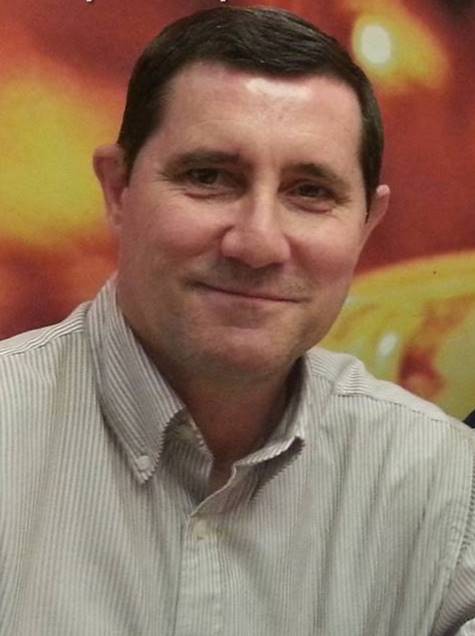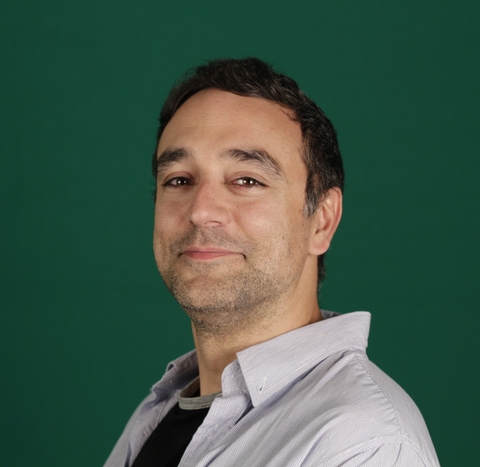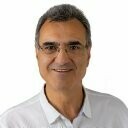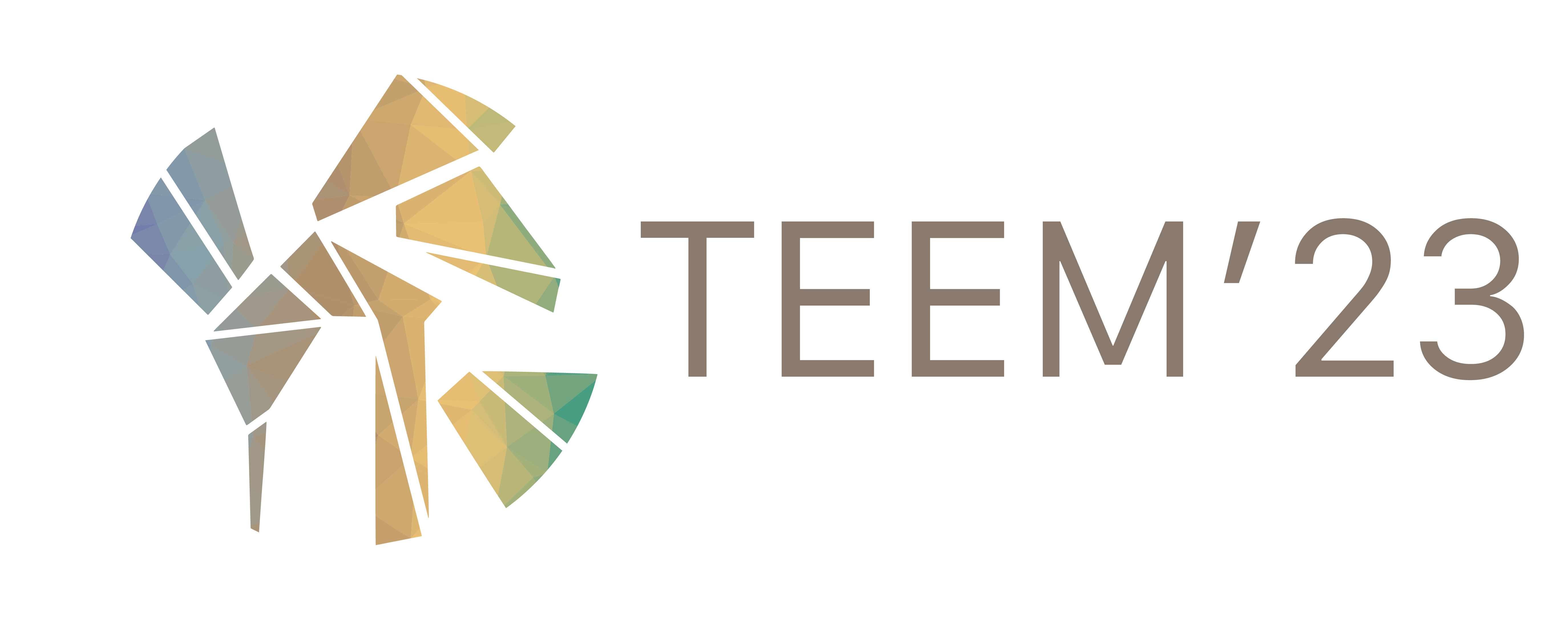As has been demonstrated in recent decades, the development and use of new technological advances in the areas of prevention, diagnosis, and patient recovery directly impact health outcome indicators and the safety of health care processes. Although more and more technological advances are being introduced in health and care settings, many of the technological developments are still not developed from an end-user-centered perspective, and others are mere proofs of concept. It is therefore not only advisable, but also necessary, to provide healthcare ecosystem stakeholders with a holistic overview of new technological developments in the field. In this way, they can take a broader perspective in the adoption of technologies for health and care delivery and participate not only in the design, development and implementation of health care management, but also in the various related technological components involved in the delivery of these services (hardware, software, platforms, protocols, ontologies, etc.). In addition, the use of cutting-edge technologies in medical education has proven to be extremely effective, as it allows for the creation of realistic learning environments to gain experience with procedures and equipment that will be commonly used in medical practice, thus increasing the safety of future patients. The accelerated technological progress in our society is causing major changes in the systems that make it possible to apply additional training methods. The goal of this track is to gather the latest technological developments in the field of health sciences. Therefore, this track provides an excellent opportunity for the promotion and sharing of innovative experiences in both biomedical education and clinical practice.
Topics
- Technologies in Medical Training
- Learning and Teaching Methodologies
- Academic Research Projects
- Research Methodologies
- Links between Education and Research
- New projects and Innovations
- Mobile Learning
- Online/Virtual Laboratories
- Virtual Universities
- Mobile/Wireless Technologies (PDA,SmartPhones, etc)
- Educational Multimedia and Hypermedia
- Technology-Enhanced Learning
- Advanced Classroom Technology
- Web Classroom Applications
- Computer Software in Education
- Learning Tools
- Educational Software Experiences
- Videos for Learning (YouTube Generation)
- Technologies and Software in Health Sciences
- Medical engineering
- Robotics in Healthcare (Surgical, social, etc.)
- Clinical and Surgical simulators and virtual reality environments
- 3D vision environments of radiological medical images
- Software for biomedical imaging processing
- 3D printing in medicine
- Stereoscopic vision
- Augmented Reality
- 360 Vision Clinical Imaging Systems
- Clinical simulation techniques
- Finite Element Analysis and simulation in biomedicine
- Animation and 3D Systems
- Orthopaedic and biomedical product design
- Industrial design and ergonomics
- Artificial intelligence in medicine
Track Scientific Committee
Alessandro Ruggiero, University of Salerno, Italy
Ferrán Prados Carrasco, Centre for Medical Image Computing, United Kingdom
Petr Valášek, Czech University of Life Sciences, Czech Republic
Kheng Lee Koay, University of Hertfordshire, United Kingdom
Miguel Castelo Branco Sousa, Universidade da Beira Interior, Portugal
Matteo de Notaris, San Pio Hospital, Italy
Fernando Blaya Haro, Universidad Politécnica de Madrid, Spain
Carlos Alberola López, University of Valladolid, Spain
Enrique Soriano Heras, University of Carlos III, Spain
Roberto D’Amato, Universidad Politécnica de Madrid, Spain
Francisco Pastor Vázquez, University of Valladolid, Spain
Piedade Barros, Polytechnic of Porto, Portugal
Alberto Prats Galino, University of Barcelona, Spain
María José Rodriguez Conde, Universidad de Salamanca, Spain
Rodrigo de Luis García, University of Valladolid, Spain
Fermín Viejo Tirado, Complutense University of Madrid, Spain
Anna Puigdellívol-Sánchez, Universidad de Barcelona, Spain
Joan San Molina, Universidad de Girona, Spain
Pablo Ruisoto Palomera, University of Navarra, Spain
Juan David Cano Moreno, University of Politécnica de Madrid, Spain
Jorge Cerqueiro Pequeño, University of Vigo, Spain
Higinio Rubio Alonso, University of Carlos III, Spain
Luis Tomás Gallego Morales, University of Autónoma de Madrid, Spain
Guadalupe Soria Rodríguez, University of Barcelona, Spain
Federico Simmross Wattenberg, University of Valladolid, Spain
CHAIRS:

Juan A. Juanes Méndez
University of Salamanca, Spain

Samuel Marcos Pablos
Pontifical University of Salamanca, Spain

Joaquim Armando Jorge
School of Engineering of the University of Lisboa, Portugal
